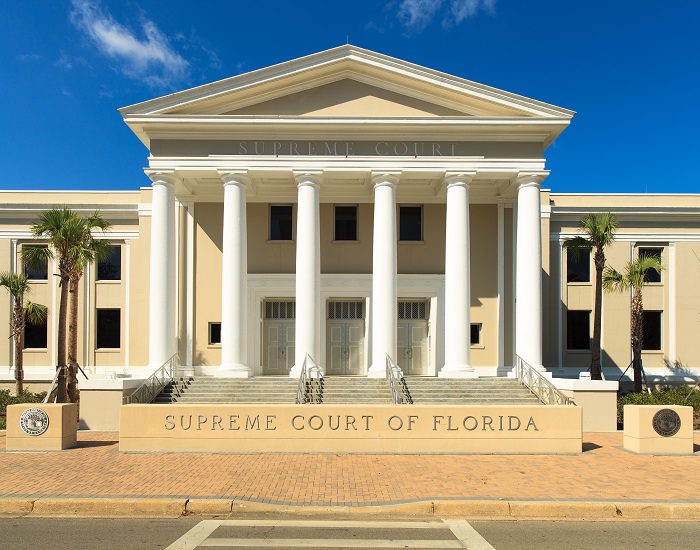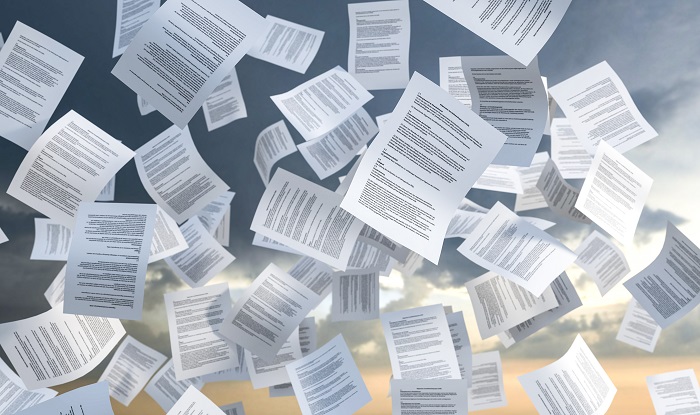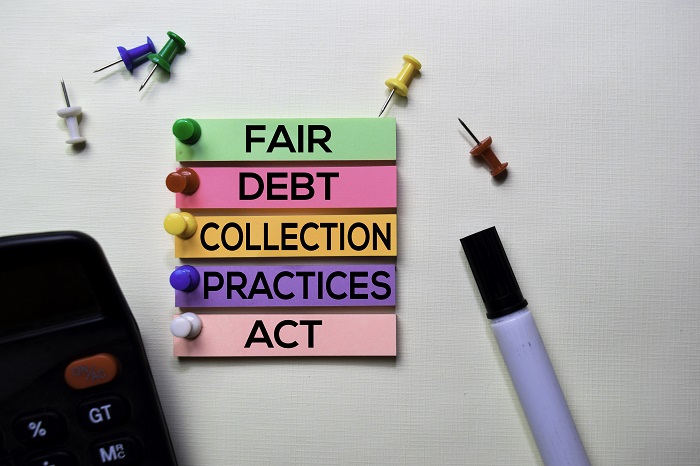The Florida Supreme Court recently resolved a split in Florida law on the issue of attorney’s fees in favor of consumers, holding that debtors who prevail when a creditor sues under an account stated cause of action instead of for breach of the underlying credit card agreement are entitled to recover attorney’s fees under the so-called “reciprocity provision” of subsection 57.105(7), Florida Statutes.
Posts published in “Debt Collection”
The U.S. Court of Appeals for the Seventh Circuit recently affirmed the dismissal of a consumer’s claims under the federal Fair Debt Collection Practices Act (FDCPA) for failing to sufficiently allege a concrete injury to confer standing under Article III.
The U.S. Court of Appeals for the Seventh Circuit recently vacated a trial court’s judgment of dismissal and remanded with instructions to hold an evidentiary hearing limited to the issue of whether the trial court had subject-matter jurisdiction over a plaintiff’s claim that a dunning letter violated the federal Fair Debt Collection Practices Act because it did not clearly state that interest would accrue on the debt.
The U.S. Court of Appeals for the Seventh Circuit recently held that a debt collection letter that references a legal remedy that could be pursued but is ultimately not pursued is not itself a sufficient basis to confer Article III standing.
The U.S. Court of Appeals for the Seventh Circuit recently vacated judgment in favor of a debt collector against putative class action claims raised by a consumer that its collection letter violated the federal Fair Debt Collection Practices Act (FDCPA) by threatening action that could not legally be taken and amounting to a false representation.
On Jan. 19, a federal court in Pennsylvania dismissed a complaint against a debt buyer which alleged violations of the federal Fair Debt Collection Practices Act stemming from an alleged failure to be licensed under the Pennsylvania Consumer Discount Company Act.
The U.S. Court of Appeals for the Seventh Circuit recently vacated judgment in favor of consumers and certification of a proposed class for claims that a debt collector violated sections 1692e and 1692f of the federal Fair Debt Collection Practices Act (FDCPA) by excluding a statement that interest would accrue on the debts in their collection letters.
The U.S. Court of Appeals for the Sixth Circuit recently held that loans incurred by a debtor to pay university tuition were “qualified education loans” under the Bankruptcy Code and thus were not dischargeable.
The U.S. Court of Appeals for the Seventh Circuit recently affirmed the dismissal of consumers’ claims that a collection letter used false, deceptive, or misleading representations, or otherwise unfair or unconscionable methods to collect a debt, in supposed violation of sections 1692e and 1692f of the federal Fair Debt Collection Practices Act (FDCPA).
The U.S. Court of Appeals for the Sixth Circuit recently held that the plain language of 15 U.S.C. 1692f(8), a provision of the Fair Debt Collection Practices Act (FDCPA) regulating what may be shown on an envelope when a debt collector communicates with a consumer by mail, does not include a “benign language” exception.
Managing against unforeseen risks can be a difficult task. But sometimes you can get a hint of potential trouble ahead. In the past few months there have been at least four cases that could cause substantial disruption to debt buyers, creditors and their service providers alike. Here they are:
The U.S. Court of Appeals for the Seventh Circuit recently vacated a trial court’s order denying a debt collector’s motion to compel arbitration in a putative class action lawsuit filed by a consumer alleging violations of the federal Fair Debt Collection Practices Act (FDCPA), and remanded the case to the lower court with instructions to dismiss for lack of jurisdiction.












